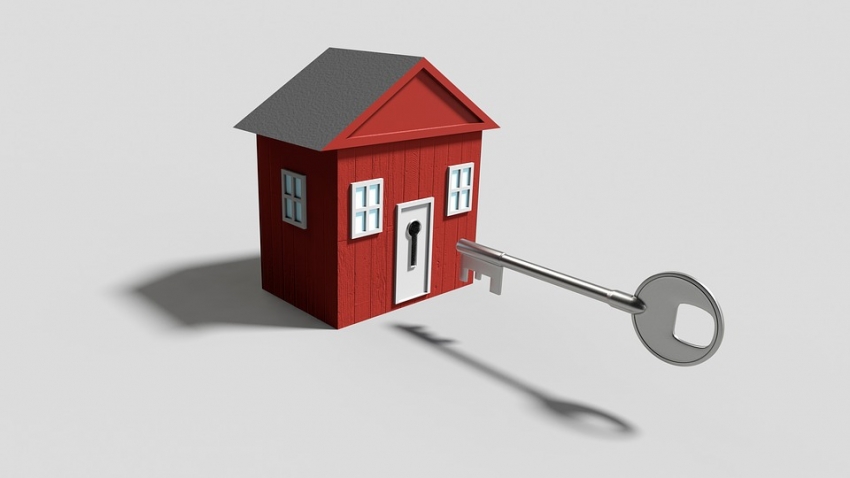
You've probably seen a TV commercial advertising a reverse mortgage at some point. They are often touted as a means for older homeowners to pull money out of their home's equity. But unless you're familiar with the process, you may have some questions on what is a reverse mortgage and how do they work.
What is a Reverse Mortgage: The Basics
A reverse mortgage is a type of home loan that allows homeowners to convert their equity (ownership) into cash. Assuming you've made a sufficient number of mortgage payments, you should have some equity in your home -- and a reverse mortgage allows you to access this equity as cash.
Reverse Mortgage vs Home Equity Loan
You might be wondering what makes a reverse mortgage different from a traditional home equity loan. After all, a home equity loan also allows homeowners to obtain cash from equity in their home. Well, a reverse mortgage doesn't require the borrower/homeowner to repay the loan until one of two things happens: the homeowner no longer lives at the home as his or her primary residence, or the homeowner fails to meet the terms set forth in the mortgage.
In other words, a homeowner doesn't have to repay a reverse mortgage loan until he or she moves or sells the home. If the homeowner chooses to stay at the home for another 10 or 20 years, they don't have to pay a dime towards the loan for the respective duration.
Reverse Mortgage Pros
The most obvious benefit of a reverse mortgage loan is the simple fact that you don't have to repay it until you move or otherwise no longer live at the residence. If you need cash now and don't have plans on moving in the near future, perhaps a reverse mortgage is the right choice.
Reverse Mortgage Cons
Of course, there are also some disadvantages associated with reverse mortgage loans. Arguably, the biggest complaint about reverse mortgages is the rising loan balance. Because homeowners aren't required to make regular payments on a reverse mortgage loan, interest continues to add up with each passing month. Over the course of several years, this can result in a substantial balance, sometimes even exceeding the total value of the home.
This article was brought to you by Premier Island Properties - A full service real estate firm serving Hilton Head Island and Bluffton, South Carolina. For more real estate news, information, and interesting facts about the Lowcountry, please visit our website.
Premier Island Properties



